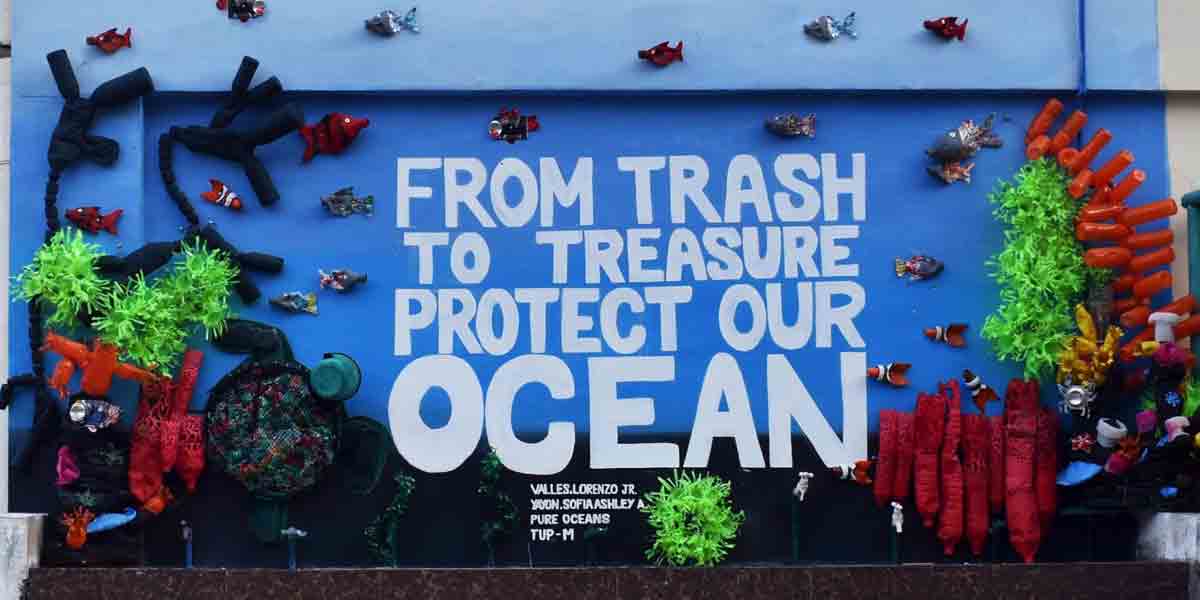The toxics watchdog group EcoWaste Coalition urged parents and kids to avoid Halloween costumes containing button cell batteries, especially if these tiny batteries are not protected by secured cases.
The group drew attention to this potential hazard to a child’s health and life after purchasing six Halloween-themed headbands decorated with toy devil horns, pumpkins and skulls that have unsecured battery covers.
Sold for as cheap as P20 per piece, these unlabeled headbands are widely available in the market and are often worn by kids in Halloween parades and parties.
“These headbands with blinking or non-flashing lights contain tiny button cell batteries measuring 10 millimeters in compartments that are not screwed shut. Kids may open the case out of curiosity, get hold of the batteries and play with them,” said Aileen Lucero, National Coordinator, EcoWaste Coalition.
“A child may accidentally swallow the tiny battery or insert it in her or his ear and nose while playing,” she said, “causing choking, chemical burns to the throat or stomach or death.”
Lucero cited the case of a three-year old Skye Ong, a Filipino boy, who unintentionally pushed a button battery into his nostrils in June 2021, and the tragic case of three-year old Brittney Conway, an Australian girl, who died in July 2020 after ingesting a button battery.
As stated by the American Academy of Pediatrics, “when it comes into contact with body fluids, the battery generates a current that produces small amounts of sodium hydroxide, which is lye. If the battery gets stuck somewhere in the body, the lye burns a hole at that spot. Infection usually follows. The result can be serious injury and illness, long-term disability, or even death.”
Aside from headbands, other Halloween costumes, toys and accessories sold in the market may contain button batteries, the EcoWaste Coalition warned.
To prevent chemical burns, choking and death due to button batteries, the EcoWaste Coalition reminded parents to pay attention to these poisoning prevention tips:
- Don’t buy toys if the button battery compartments can be broken or opened easily.
- Carefully read the product label and follow the safety instructions on battery use, storage and disposal.
- Ensure that button batteries in children’s products and household items are duly secured with a screw.
- Keep button batteries in their original packaging and store them in a childproof container.
- Ensure that button batteries, old or new, are kept out of children’s sight and reach.
- Do not allow children to handle and install button batteries and never let them play with them.
- Supervise children whenever they play with toys or use devices containing button batteries.
The EcoWaste Coalition had earlier advised consumers to be cautious and vigilant in buying Halloween toys, especially those that have not been verified as safe for children’s use.
References:
News story about Brittney Conway:
News story about Skye Ong:


























